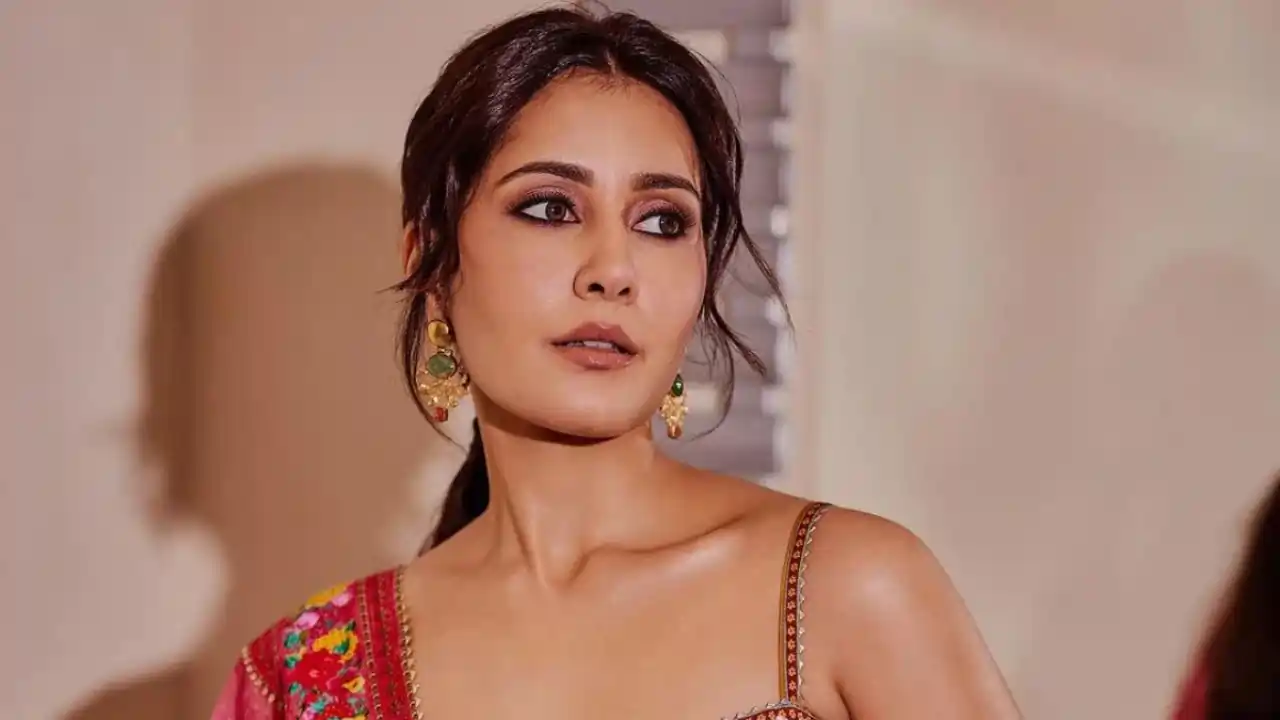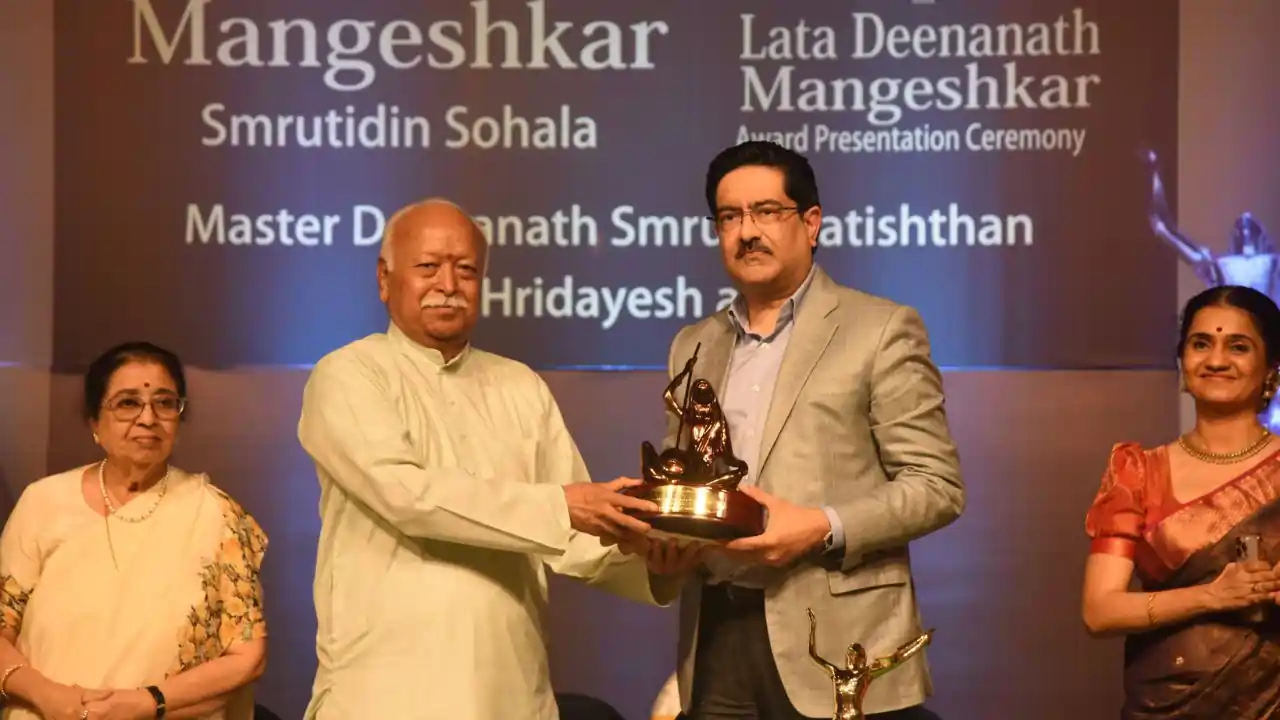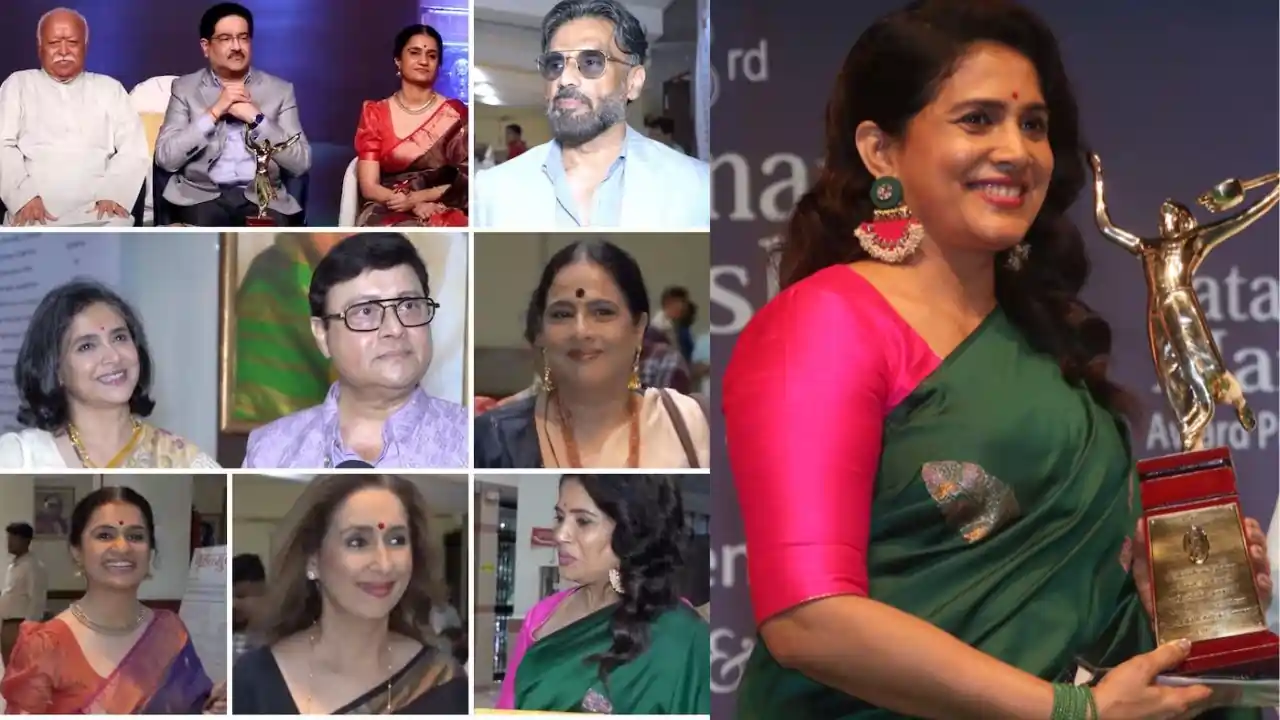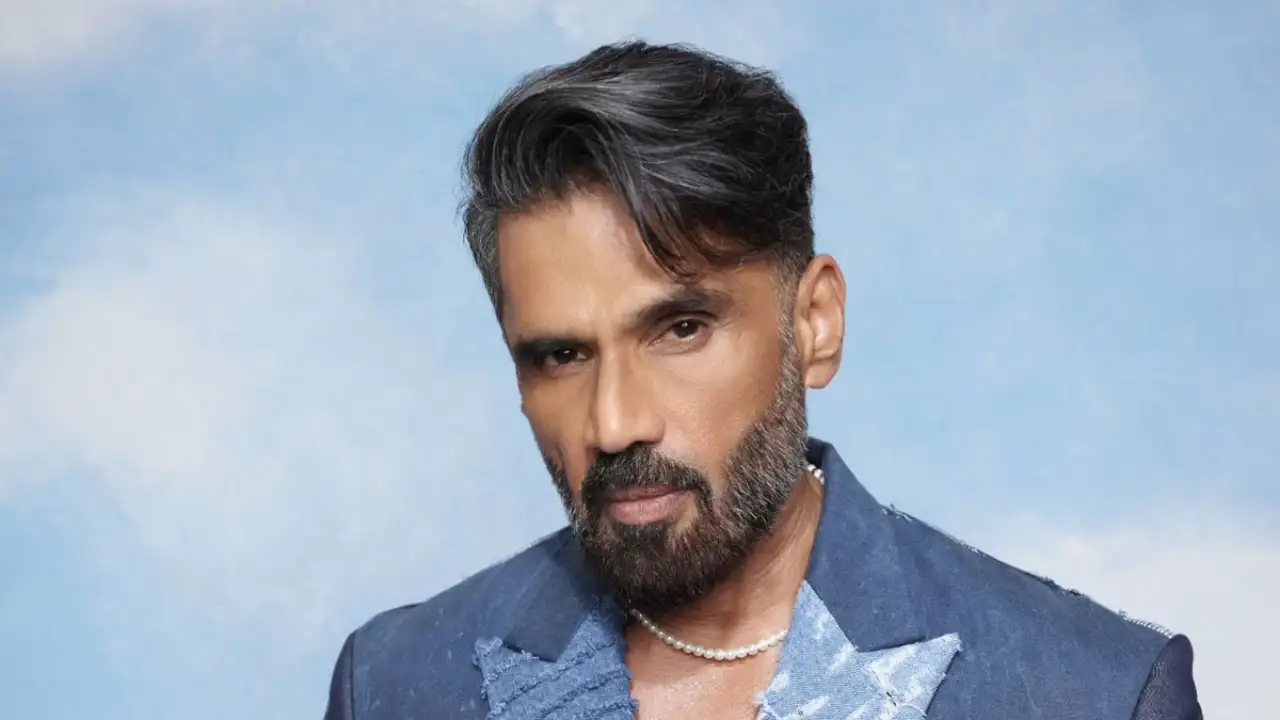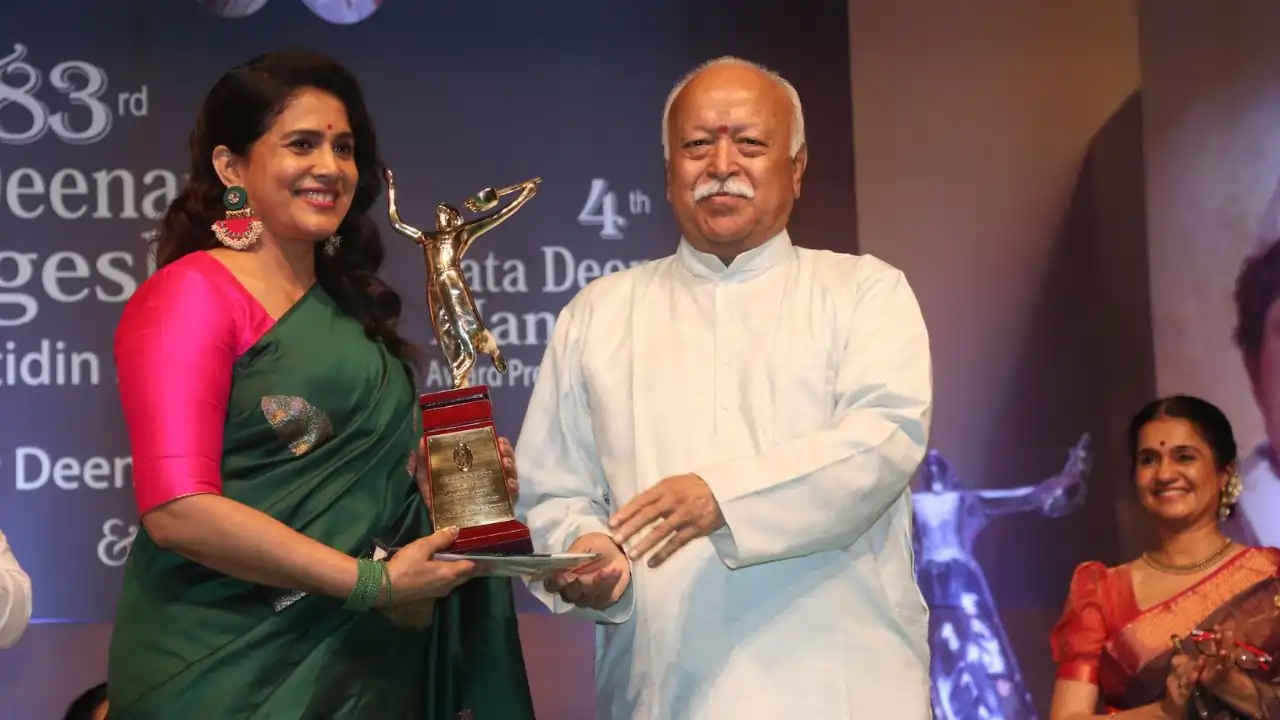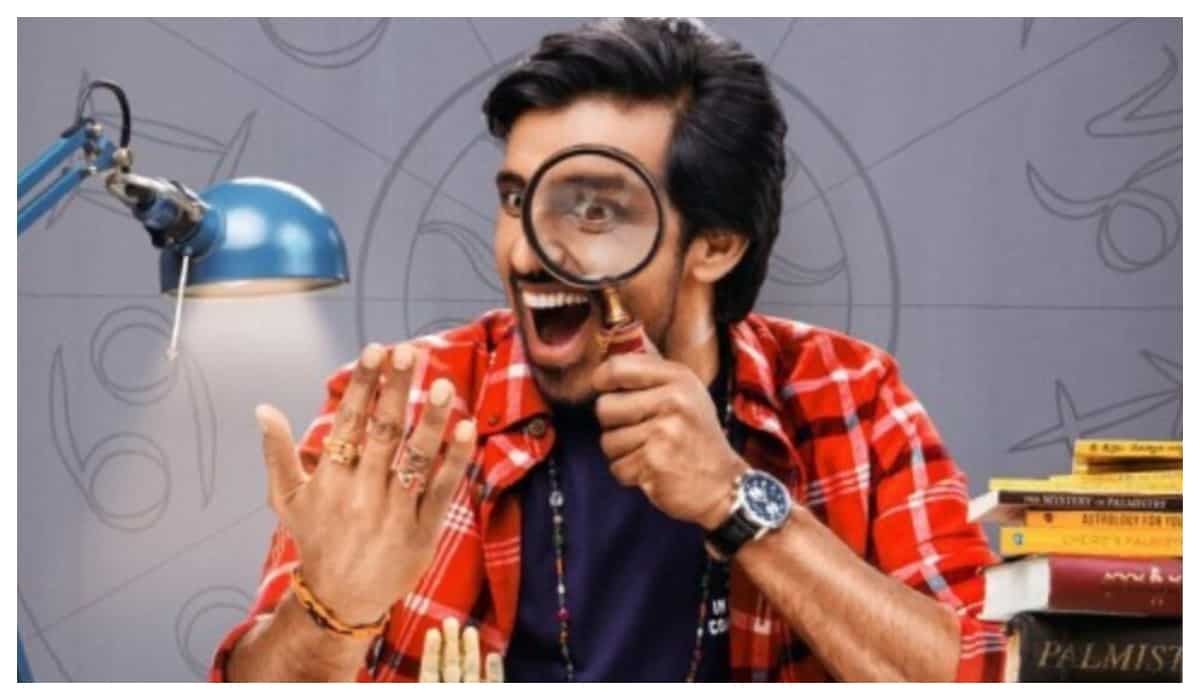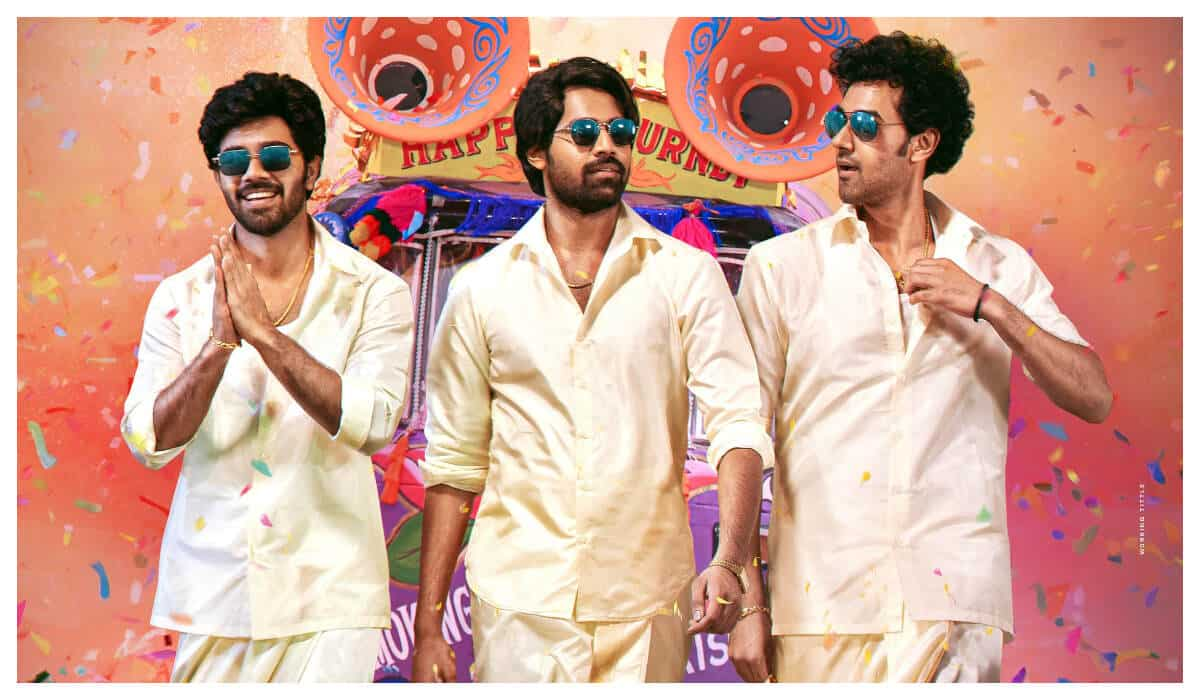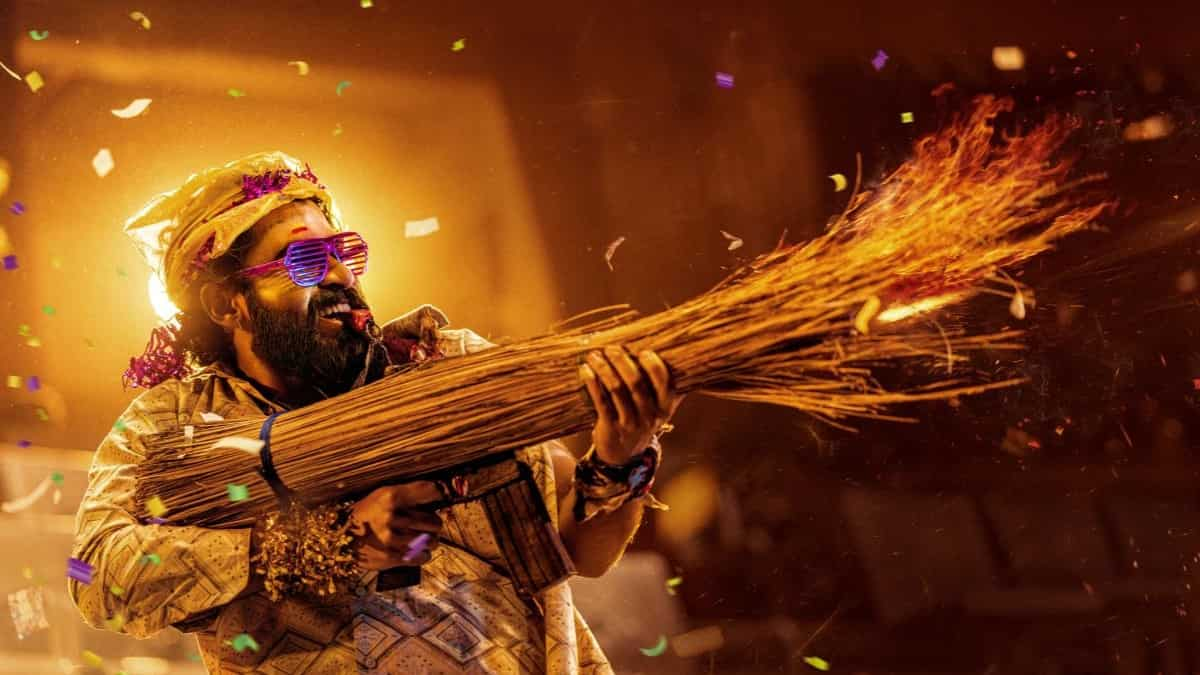
Swap analysis: How Sneha Desai crafted the world of Laapataa Ladies
6 months ago | 5 Views
Three minutes after she left director Kiran Rao’s house where she, Rao and producer Tanaji Dasgupta were discussing a film project, writer Sneha Desai finally checked her phone that had been on silent during the meeting.
Her phone showed missed calls from so many people, she thought it was an emergency.
It was September 23.
“It was such a wide array of people reaching out, it didn’t add up. I checked the texts (there were many of those too) and that’s when I saw the news about Laapataa Ladies being selected as India’s official entry to the Oscars 2025,” she says. “I called Tanaji and asked, ‘Is this true?’ He said, ‘We also just got to know!’ We were all screaming in delight.”
Desai, 42, is the writer of Laapataa Ladies (2023) a madcap but unexpectedly heartwarming tale of newlywed brides who get mistakenly swapped at a small-town train station. Desai has also written the 2024 courtroom drama, Maharaj, based on an 1862 libel trial involving the criticism of the social practices of the era. She didn’t go to screenwriting school. She’s worked as a Gujarati-stage actor and only took up writing for television after her son Kavit was born in 2010.
Her resume has more mainstream successes than laurel wreaths: The sitcom Mrs Tendulkar, about a breadwinner wife and homemaker husband; the comedies RK Lakshman Ki Duniya and Biha Hamari Bahu Ka, Wagle Ki Duniya and Pushpa Impossible. She churns out about 56 episodes for TV every month. Her skills are designed for speed. “You simply don’t have the time to postpone an episode for even half an hour,” she explains. It’s probably why Laapataa Ladies moves along briskly, but is also light on its feet.

Going off-script
Mumbai-born Desai says she’s been a “classic Vile Parle girl all my life,” meaning she hasn’t ventured far from the old residential neighbourhood. Stepping into the shoes of two young brides from India’s rural heartland to write Laapataa Ladies wasn’t easy. But being in theatre helped. “It takes you to the smallest of towns, to rural communities. You interact with so many people, you get to see their reactions, how they process information and dialogues.”
It helped her set the general tone. But for the characters of the idealistic Phool and the more pragmatic Jaya, both adrift without their husbands, Desai didn’t have to venture too far. “If you’re middle-class, these are things that all women are subjected to, in some way. It’s the kind of conditioning that our grandmothers, mothers, sisters-in-law, maids are going through,” says Desai.
At one point in the movie, one groom’s mother mentions that she’d been cooking for the family for so long, she’d forgotten how to prepare food to her own tastes. Desai says that she put that line in to remind urban viewers of how much women give up of themselves in domestic life.
Desai was also determined to move past the usual rural stereotypes: Slow-speaking elders, village idiots, rigid hierarchies and violent conservatism. Fighting for love, and wanting to break free, after all, are universal ideas. “All of us have gone through something like this at some point,” she says. India’s FFI (Film Federation of India), all big-city folks, appear to agree.

Technically speaking
That Laapataa Ladies is directed and written by women is admirable but hardly a surprise now, Desai says. “When you visit a set today, it’s in the most unexpected departments that women are making inroads, working and hustling just as hard as men,” she says. Ratios are skewed in the writing rooms, in the production houses, the top jobs. “The difficulty is in breaking the ceiling. It’s easy to feel awkward in a room full of men, to be afraid to put your voice across.”
The trick in moviemaking, as with every field, is to have something fantastic to say. And filmmakers are hoping Desai has the chops to deliver something exceptional next. “I don’t want to mess up now that I’ve got a good thing going. I want people to have expectations from what I write. I think I’ve been collecting a lot of sand in my box, and now I intend to make castles.”
Her next release is an Advait Chandan-directed movie starring Junaid Khan and Khushi Kapoor, slated for release in February 2025. It’s nothing like Laapataa Ladies or Maharaj. Desai is aiming wide, and aware that she represents much more than her writing. “It’s high time that not only writers, but technicians be celebrated,” she says. “So many directors of photography go unnoticed. Most people don’t know what editing is about. They’re the people who take a story from the paper to the screen. There has to be a little bit of gloss attached to these departments as well.”
Character building
Sneha Desai picks the best-written films
“I loved The Namesake and Dil Dhadakne Do. Trishul is an all-time favourite. I’m a sucker for Lamhe and Chandni; I think they’re some of the most perfect screenplays ever written. Yeah, I’m a Bollywood girl, and I plan to remain one!”


